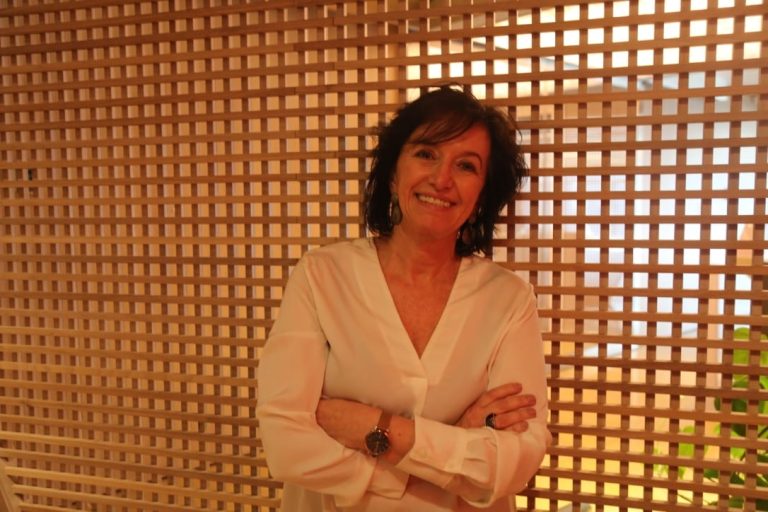*By Silvia Antibas
The WAHI Committee “Women who Inspire” of the Arab-Brazilian Chamber of Commerce (ABCC) was established in 2020 to raise awareness on the leading role that has always been played by women in strengthening the ties between Brazil and the Arab League states.
The committee exists to appreciate the work of so many women who occupies prominent positions not only in companies that do business with the 22 countries in the diplomatic entity but also those who have stood out as benefactresses, liberal professionals, activists, artists, and advocates for causes and human rights.
The League isn’t a homogeneous bloc. We can’t talk about one Arab woman but of a diversity of women who represent cultures, traditions and lifestyles that are very different from each other. Women from the Middle East, the Gulf, North Africa, and Sub-Saharan Africa. We are white, Black, brown, blond, brunettes, redheads, tall, short, curly-haired and smooth-haired, Muslims, Christians of every denomination, we use the veils, we don’t use veils. In short, we may say that we reflect some of the Brazilian and global diversity. Perhaps that’s the reason why we’ve integrated the Brazilian society so seamlessly.
Education makes a huge difference! Even in countries that are more restrictive toward women, when you study and have a profession, this allows for a greater autonomy and a broadened horizon. And that makes a huge difference everywhere, regardless of gender and social background. Testament to this is Yemeni journalist Tawakul Karman, the first Arab woman to become a Nobel Peace Laureate. She was given the prize in 2011 for her political activism, advocating for human rights in her country. We know it isn’t an easy struggle the one waged by these brave women. Some are recognized, but many fight their own battles in total anonymity, in silence.
Many countries, particularly in the Gulf, are now seeking to implement a series of reforms not only for economic liberalization but for cultural change as well, which is necessary for them to become destinations capable of welcoming people from all backgrounds.
Arab women in Brazil
According to a survey carried out by pollster H2R Insights & Trends as commissioned by the ABCC, Arab women and men are currently overrepresented in Brazil’s higher education system. This gives an idea of the success of this immigratory group and how “our girls” have contributed to the evolution of the Brazilian society.
We’d also like to stress the fundamental actions of many women who, despite not having the opportunity to graduate from universities, have worked in charities and scientific associations for many decades, thus contributing to the success of the community’s immigration to Brazil. We have extremely important experiences to highlight – Hospital Sírio-Libanês, Hcor Associação Beneficente Síria, Associação Beneficente A Mão Branca de Amparo aos Idosos, Creche Adélia Curi, Associação Cedro do Líbano, and other prominent associations established by the relentless work of these women.
I cannot fail to mention the Lar Sírio Pró-Infância, although it is the sole Arab-founded centenary association established exclusively by men in São Paulo. In fact, it does a wonderful job embracing socially vulnerable children – it has been very well administrated by “our boys”.
We play a relevant part in the successful bilateral trade relationship that is extremely important for both Brazil and the Arab League, estimated to be more than USD 30 billion, that has always been based on peace and friendship.
Around 15% of the ABCC member companies are run by women – the same proportion of women-run enterprises across Brazil.
Those who came from an Arab family like me know exactly what is is like to have a female leadership in the house. The ball is now with the newer generations, responsible for continuing this process.
*Silvia Antibas is vice president for communication & marketing at the ABCC, historian, and the recipient of the UNESCO-Sharjah Award for Arab Culture 2019.
Read more:
Brazil to host 2027 Women’s World Cup
Translated by Guilherme Miranda




